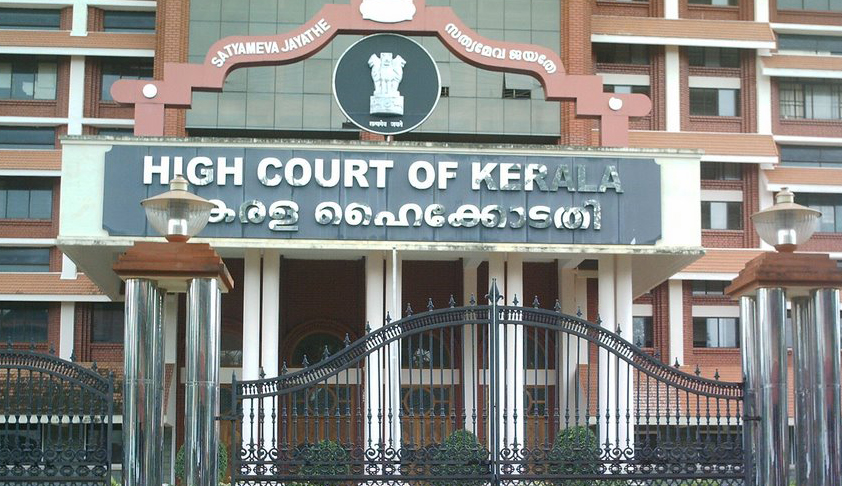High Court of Kerala dismisses PIL challenging the constitutionality of Shariat Law
LIVELAW NEWS NETWORK
11 July 2015 6:49 PM IST

Next Story
11 July 2015 6:49 PM IST
The High Court of Kerala vide a recent judgment has dismissed a Public Interest Litigation (PIL) filed seeking a declaration in law that the Shariat law- applicable in regard to inheritance of Muslim women- is violative of Articles 14, 15, 19, 21 and 25 of the Constitution of India and therefore, void and unenforceable. A Division Bench of the High Court comprised of Chief Justice Ashok...
